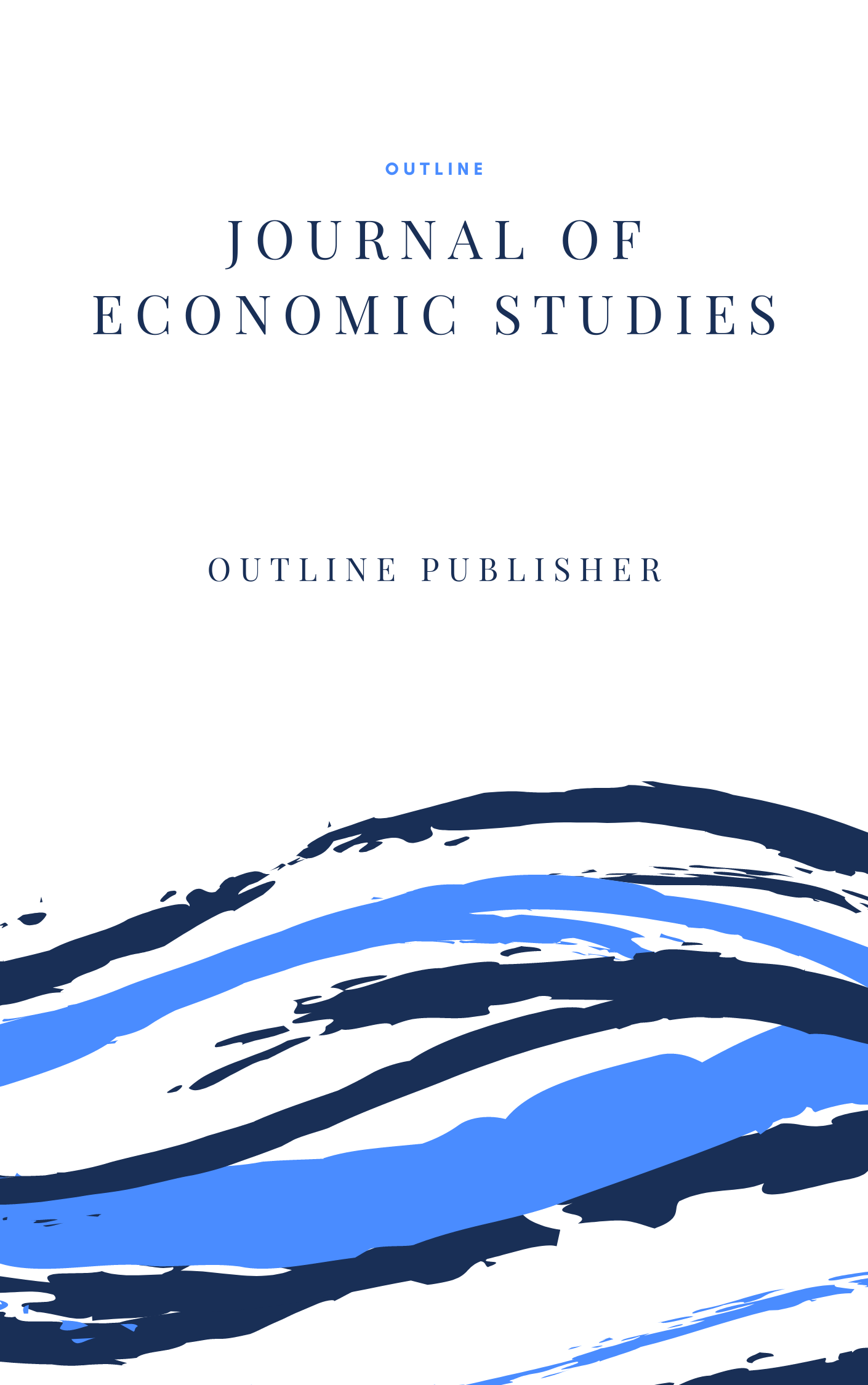Analysis of Marketing Management Strategy and Economic Factors on MSME Sales Growth: Multiple Regression Analysis
DOI:
https://doi.org/10.61730/b7979z82Keywords:
MSMEs, Marketing Strategy, Economic Factors, Sales Growth, Multiple Regression, Digital Marketing,Abstract
This study aims to examine the influence of marketing management strategies and economic factors on the sales growth of Micro, Small, and Medium Enterprises (MSMEs) in Indonesia using multiple regression analysis. The variables analyzed include product strategy, pricing, promotion, distribution, inflation, interest rates, and per capita income. Data were collected through interviews, observations, and document analysis involving selected MSME owners and relevant secondary sources. The results reveal that all variables have a significant impact on sales growth, with per capita income and promotional strategies showing the strongest influence. The analysis also indicates that internal business strategies, when aligned with favorable macroeconomic conditions, contribute to consistent sales increases. Additionally, the adoption of digital marketing tools and improved access to financial resources have strengthened MSMEs' competitiveness in the marketplace. The study underscores the importance of a holistic approach that integrates both marketing strategies and economic trend monitoring for sustainable MSME growth. These findings offer practical implications for policymakers and business owners in designing strategies that support MSME development in dynamic economic environments. Further research is recommended to include a broader sample and explore sector-specific trends for deeper insights.
References
Bank Indonesia. (2023). Laporan Perekonomian Indonesia 2023. Jakarta: BI.
Gujarati, D. N., & Porter, D. C. (2010). Essentials of Econometrics. McGraw-Hill Education.
Hermawan, A. (2022). "Pengaruh Strategi Digital Marketing terhadap Peningkatan Penjualan UMKM di Indonesia". Jurnal Ekonomi dan Bisnis Digital, 5(1), 23–35.
Kementerian Koperasi dan UKM Republik Indonesia. (2023). Laporan Statistik UMKM Indonesia.
Kotler, P., & Keller, K. L. (2016). Marketing Management (15th ed.). Pearson Education.
Lamb, C. W., Hair, J. F., & McDaniel, C. (2012). Marketing. Cengage Learning.
Lamb, C. W., Hair, J. F., & McDaniel, C. (2012). Marketing. Cengage Learning.
Mankiw, N. G. (2014). Principles of Economics. Cengage Learning.
Nainggolan, E., Rinaldi, M., & Dalimunthe, M. B. (2022). Analysis Of The Effect Of Personal Sales And Product Quality On Consumer Purchase Decisions. Enrichment: Journal of Management, 12(2), 2431-2435.
Prasetyo, H., & Darmawan, B. (2023). "Digitalisasi UMKM dan Implikasinya terhadap Pertumbuhan Ekonomi Daerah". Jurnal Manajemen dan Bisnis Digital, 9(2), 44–59.
Rezeki, S., Rinaldi, M., Gustina, I., & Lodian, A. (2022). The Influence Of Consumer Behavior and Prices On Consumer Decisions to Buy Products At PT. Daikin Airconditioning Indonesia. Jurnal Manajemen Bisnis Eka Prasetya Penelitian Ilmu Manajemen, 8(2), 284-295.
Rinaldi, M., Irawan, D., & Nasution, A. R. (2022). Comparison Of Human Development Index Before And During The Covid-19 Pandemic. Enrichment: Journal of Management, 12(2), 2404-2408.
Sugiyono. (2017). Metode Penelitian Kuantitatif, Kualitatif dan R&D. Alfabeta.
Tambunan, T. (2019). UMKM di Indonesia: Isu-Isu Penting. LP3ES.
Yulianti, S., & Nugroho, H. (2023). "Analisis Pengaruh Harga dan Kualitas Produk terhadap Keputusan Pembelian Konsumen UMKM". Jurnal Bisnis dan Manajemen Indonesia, 12(2), 67–78.





















